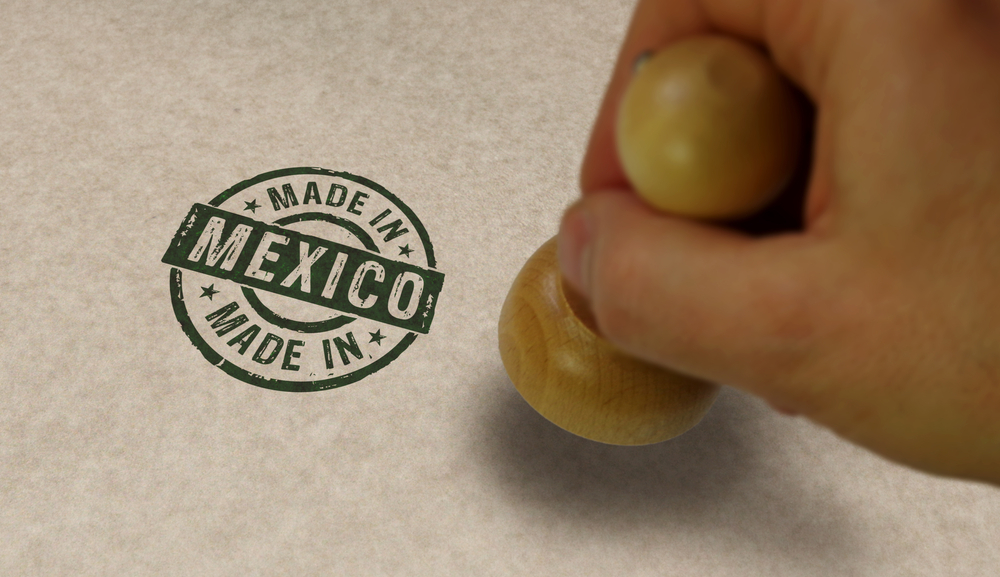Manufacturers have had a tough go in 2020 but are beginning to look at strategies that can help them emerge stronger from the tumult of the coronavirus pandemic. While there remain many companies seeking solely to stay afloat, those companies looking to thrive are recognizing that “staying the course” is not a practical option. In many ways, the manufacturing industry has come through a tremendous shakeup, and forward-thinking companies recognize that they will have to make a move to reclaim competitiveness.
The 2021 BDO Manufacturing CFO Outlook Survey from BDO, a global assurance, tax, and financial advisory firm, surveyed 100 manufacturing industry CFOs with revenues ranging from $250 million to $3 billion in September 2020. Of those middle-market manufacturers (companies with $10 million to $1 billion in annual revenue) surveyed, 20% believed building a resilient supply chain to be the key to a healthy recovery. An additional 17% prioritizing new strategies for keeping their costs low, and another 17% say productivity gains will be most important.
Achieving these steps is likely to require an investment of some kind, but the right investment should lead to greater profits and reduced long-term operational costs. Companies are examining a range of options, including diversifying their manufacturing footprint through nearshoring, strengthening their supply chain, and reassessing their manufacturing strategy. Many manufacturers are finding that an operation in Mexico can address all these issues.
Building the resilient supply chain
Supply chain disruption has plagued manufacturers for several years, from tariffs and sanctions driving up prices and difficulty accessing materials to the coronavirus pandemic that shut down manufacturing plants for months at a time and drove up global shortages in everything from semiconductors to shipping containers.
While 2020 left manufacturers little room to focus on anything beyond crisis management, those same companies are now ready to focus on strengthening their supply chains for the future. BDO notes that many companies are looking to invest in supply chain technologies that digitize much of their processes, a trend that has been many years in the making. However, a full 50% of middle-market manufacturers surveyed report that they will look beyond updating their processes to identifying alternative backup suppliers.
BDO advises that companies evaluating alternative suppliers to strengthen resilience in the supply chain should consider their global network footprint—and factor in the holistic tax and trade implications. This is an area where Mexico stands apart. The Mexican government offers foreign investors tax incentives through its IMMEX program. What’s more, Mexico has more free trade agreements (FTAs) than any other country, connecting it to more than 50 countries worldwide. This combination helps lower the cost of operating in Mexico and moving materials and goods across borders.
BDO also notes that the greatest supply chain weakness manufacturers must address in 2021, a weakness made “incontrovertible” by the trade turbulence of the last few years: overreliance on one location or source. The report emphasizes that historic heavy reliance on China for cheap labor and materials is no longer effective, particularly as China’s labor costs rise, well beyond the average labor costs in Mexico. Manufacturers looking to broaden their supplier base will find that Mexico’s industry clusters bring together dense supplier networks to support the top five manufacturing industries in Mexico efficiently.
Lowering manufacturing costs
To drive the investments needed to get ahead, many manufacturers are evaluating new strategies for lowering their costs. In fact, BDO found that 31% of middle-market manufacturers surveyed noted that they will outsource to a low-cost manufacturing center in the next year.
While outsourcing manufacturing can help lower costs, it also carries a number of unknowns—particularly around quality. An alternative often confused with outsourcing is offshoring. Offshoring is about relocating factories or offices that produce goods or services from costly countries to lower-cost economies in order to lower the cost of production (similarly, nearshoring is about moving those costs to a nearby low-cost economy). Outsourcing moves all operations to a third-party; with offshoring, the parent company retains control of operational decision-making.
Mexico’s IMMEX program offers a unique “in between” model that allows a company to maintain complete control of all manufacturing processes while outsourcing certain administrative tasks. Under the umbrella of a shelter service provider, manufacturers can trust the quality of goods coming off their production line without being burdened by meeting the administrative challenges of operating in a new country. By outsourcing startup administration or recruitment, for example, companies can significantly shorten their time to launch.
Mexico may be the rapid, cost-effective solution sought by the 24% of middle-market manufacturers BDO found planning to locate in another country (as well as 22% debating whether or not to reshore to the United States). In fact, the same survey reports that 14% of middle-market manufacturers surveyed see North America (excluding U.S.) as the most stable location outside the U.S. for manufacturing, surpassing confidence expressed in China (10%), East Asia (11%), and India (11%).
Driving productivity gains
Of those manufacturers surveyed about the factors most critical to the road to recovery, 17% identified the need to boost productivity as essential. Much of this productivity will be driven by technology, from automation to supply chain digitization.
As the BDO report notes, “Prior to the pandemic, the Industry 4.0 paradigm shift was already underway, bringing together the physical and digital worlds to change the fundamentals of production. COVID-19 has accelerated the paradigm.”
So, while it may seem counterintuitive that companies struggling to recover from the challenges of the past few years need to invest in new technology, speeding tech adoption will ultimately be critical for keeping abreast of market transformation.
Mexico’s factories are keeping pace with this technology adoption and the innovation reshaping the manufacturing industry. From its highly trained workforce to infrastructure investments, Mexico’s manufacturing sector is technologically advanced and can support increasingly complex output. More manufacturers are opening smart factories in Mexico, growing the level of expertise available to operate more complex operations.
Keeping up with customer demand
As BDO notes, many manufacturers feel they are not yet out of the woods when it comes to the challenges of the Coronavirus Recession. Nearly three-quarters of CFOs at mid-market manufacturers report that their businesses are struggling to survive. However, driving their recovery is the fact that most of these manufacturers expect customer demand to increase this year. Keeping up with growing demand will require companies to adapt. Doing so rapidly, in a way that lowers operational costs, will be critical for maintaining a competitive edge.
This is where Tetakawi can help. We’ve helped global manufacturers start-up operations in Mexico in as little as 90 days. If you’re ready to strengthen your operations, contact us today.
Subscribe
Sign up and stay informed with tips, updates, and best practices for manufacturing in Mexico.



.jpg)

